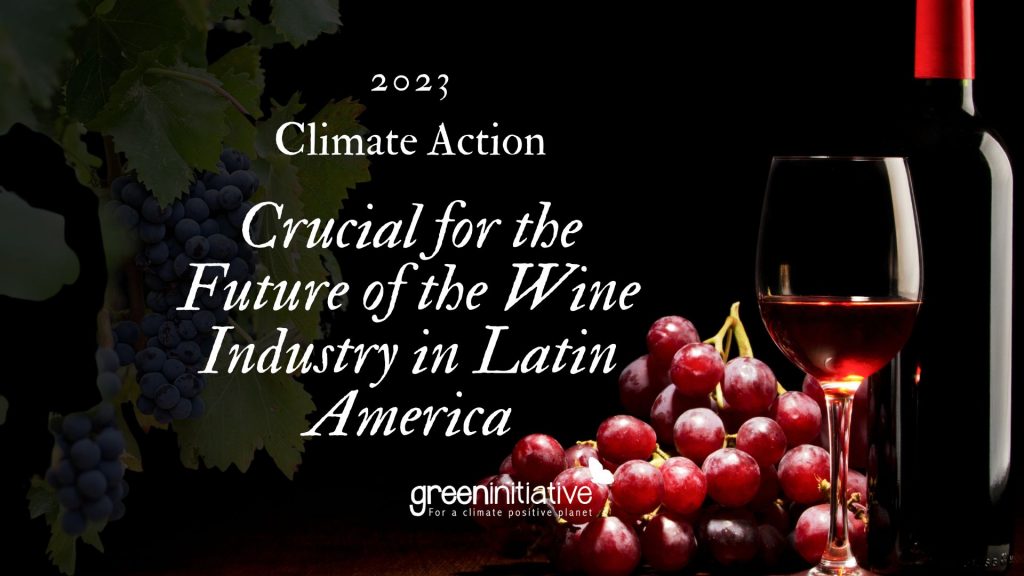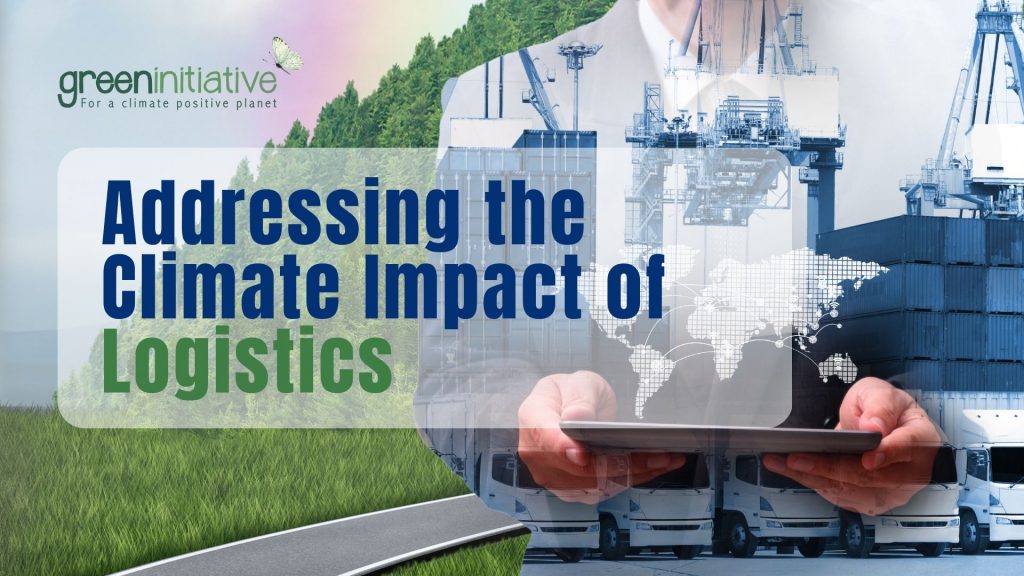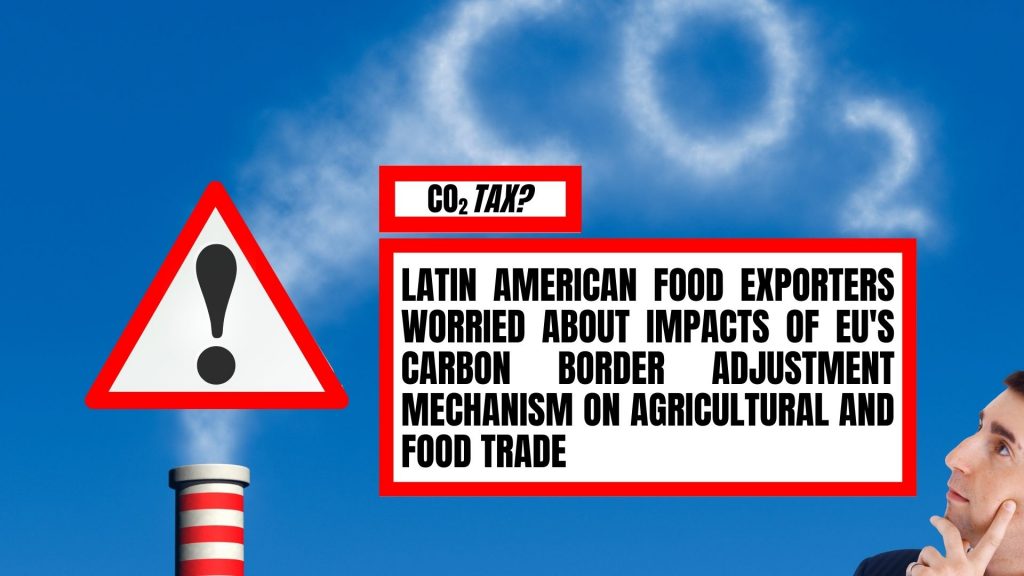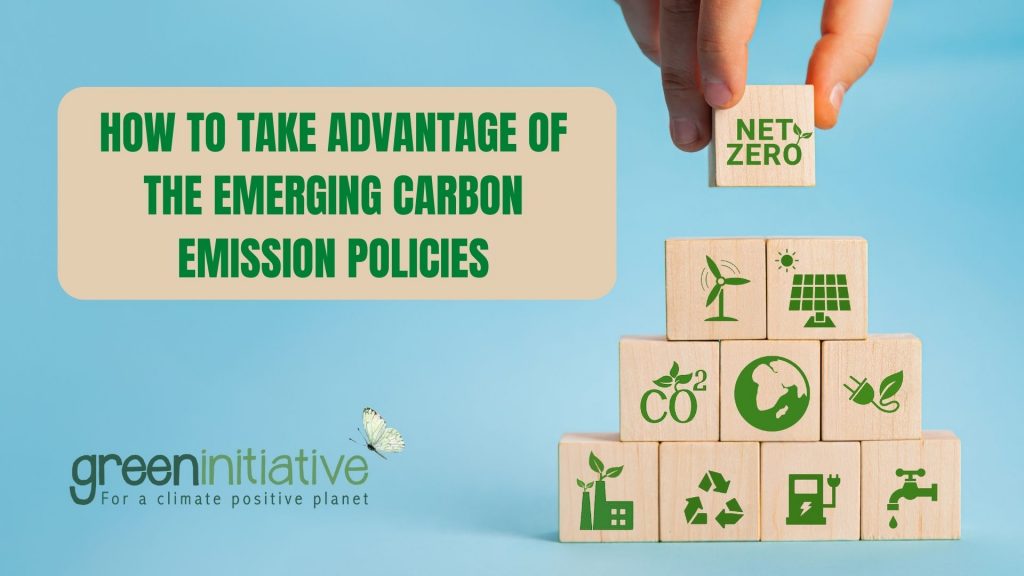From Fast Fashion to Sustainable Style: The Urgent Need to Decarbonize the Fashion Industry
Fashion Industry Valued at Over $2.5 Trillion, but will it remain competitive? The global fashion industry was valued at over $2.5 trillion in 2020 and is projected to grow to $3.3 trillion by 2025. However, the industry’s rapid growth has come at a cost to the environment. According to data, the fashion industry accounts for 10% of global carbon emissions and is the second-largest consumer of water worldwide. Climate Change’s Economic Toll: Fashion Industry Loses Over $4 Billion in 2019 The economic cost of climate change is significant and affects many industries, including fashion. Extreme weather events, such as floods and droughts, disrupt global supply chains, affecting the production and transportation of goods. In 2019, the fashion industry suffered losses of over $4 billion due to the impact of climate change on cotton production. Climate Change Sparks Rise in Sustainable Fashion Market, Valued at $9.81 Billion by 2025 Rising temperatures can also significantly impact fashion customers’ behavior, which in turn can affect the fashion industry’s bottom line. According to a survey by McKinsey & Company, 66% of global consumers are willing to pay more for sustainable products, including clothing. This shift towards sustainability is also reflected in the growth of the global sustainable fashion market, which is projected to reach $9.81 billion by 2025. Transforming the Fashion Industry: Climate Action as a Key Business Strategy to Reduce Environmental Impact Although the fashion industry’s environmental impact is significant, from the production of synthetic fibers to the use of toxic chemicals in textile manufacturing, not to mention that the industry is also known for its high-water consumption, with an estimated 2,700 liters of water required to produce one cotton shirt, introducing climate action at the core of the industry business model, would reduce its carbon footprint, water consumption, and waste generation. Climate Inaction Could Cost Fashion Industry’s Financial and Reputational Losses One compelling argument for the fashion industry to engage in climate action is that failure could lead to significant financial and reputational risks. As climate change becomes an increasingly pressing issue for consumers, investors, and regulators, fashion companies that do not take action to reduce their environmental impact may face negative consequences such as consumer boycotts, regulatory penalties, and decreased investor confidence. Leading Fashion Brands Take Action to Mitigate Environmental Impact and Reap Long-Term Benefits In contrast, companies that take proactive steps to mitigate their environmental impact and demonstrate a commitment to sustainability are more likely to attract consumers and investors who value responsible business practices, potentially leading to long-term financial and reputational benefits.Here are a few recommendations and examples of how lead fashion brands are progressively engaging in serious decarbonization: Overall, strong market arguments exist for the fashion industry to shift towards low carbon emissions and sustainable fashion. By doing so, fashion brands can reduce their environmental impact and appeal to consumers, mitigate risks, improve their reputation, and realize cost savings. Green Initiative Empowers the Fashion Industry to Embrace Sustainability, Mitigate Risks, and Save Costs At Green Initiative, we are working with the Fashion and Textile industry to support them in adopting climate-action best practices that are helping them adapt to intense climate regulation and a net-zero emissions economy. Click here to contact our team of experts and find out how we can help empower your fashion business.










